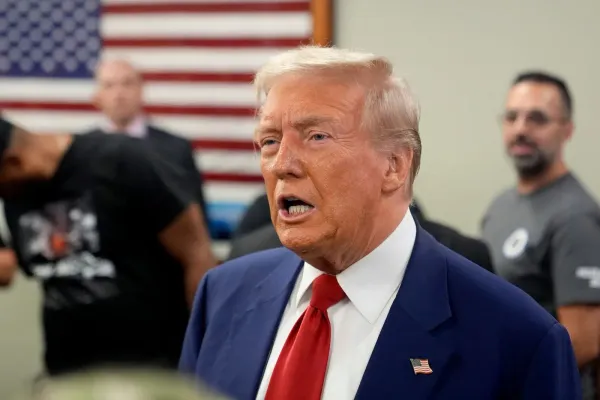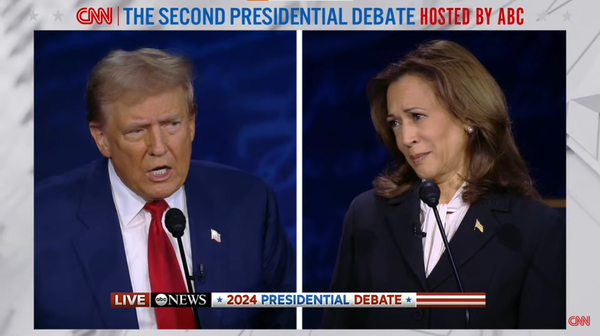Netanyahu's Hardline Stance on Gaza Ceasefire: A Political Gamble Amid Protests and International Pressure
Analyzing Netanyahu’s Hardline Stance on Gaza Ceasefire Talks
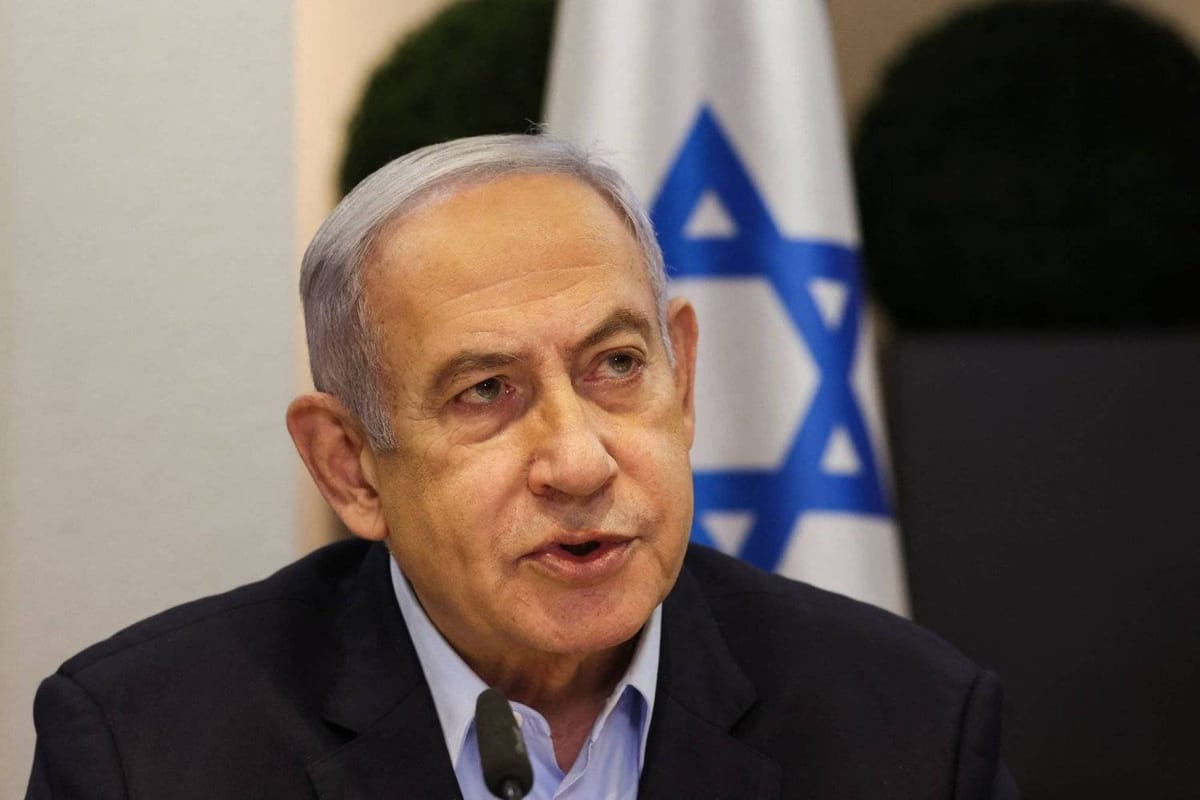
Israeli Prime Minister Benjamin Netanyahu has taken a hardline stance on ceasefire talks, resisting calls both domestically and internationally to bring an end to the ongoing war on Gaza. Despite increasing pressure from the families of hostages and growing protests within Israel, Netanyahu continues to delay any significant moves toward a ceasefire. This comes as U.S. President Joe Biden and other international leaders push for a resolution to the conflict.
Featured: Experience the Ultimate Convenience in Global Shopping with MyUS.com!
Unlock a world of shopping with MyUS.com!
Get fast, reliable international shipping from your favorite US stores. Join now to enjoy affordable rates, package consolidation, and no sales tax. Experience hassle-free global shopping and delivery to over 220 countries. Sign up today and take advantage of our limited-time offer: 30 days free membership!
Don’t miss out on the ultimate convenience in global shopping – join MyUS.com now! Your dream purchases are just a click away. Start shopping smarter with MyUS.com!
Offer: Save up to 80% on shipping from the USA using the link below.
We may earn a commission when you make a purchase.
In the midst of this turmoil, far-right politicians within Netanyahu’s government have played a significant role in shaping his approach, further complicating the prospects for peace. The conflict in Gaza has become a divisive issue, not only within Israel but also among Jewish communities in the diaspora. At the same time, America's role in supporting Israel militarily has drawn sharp criticism, even as Washington works to mediate a ceasefire. With the U.S. presidential election looming, the outcome of the conflict could have profound political implications, both in the Middle East and in the United States.
Netanyahu’s Hardline Stance on Gaza Ceasefire Talks
Since the conflict between Israel and Hamas escalated following the October 7 attacks, Netanyahu has maintained a staunch refusal to engage in any ceasefire agreements. He has framed the conflict as a fight for Israel’s survival and has emphasized his government's commitment to achieving a “complete victory” over Hamas. This rhetoric has resonated with portions of his right-wing base, but it has also drawn sharp criticism from within Israel, particularly from the families of the 101 hostages who are still being held by Hamas.
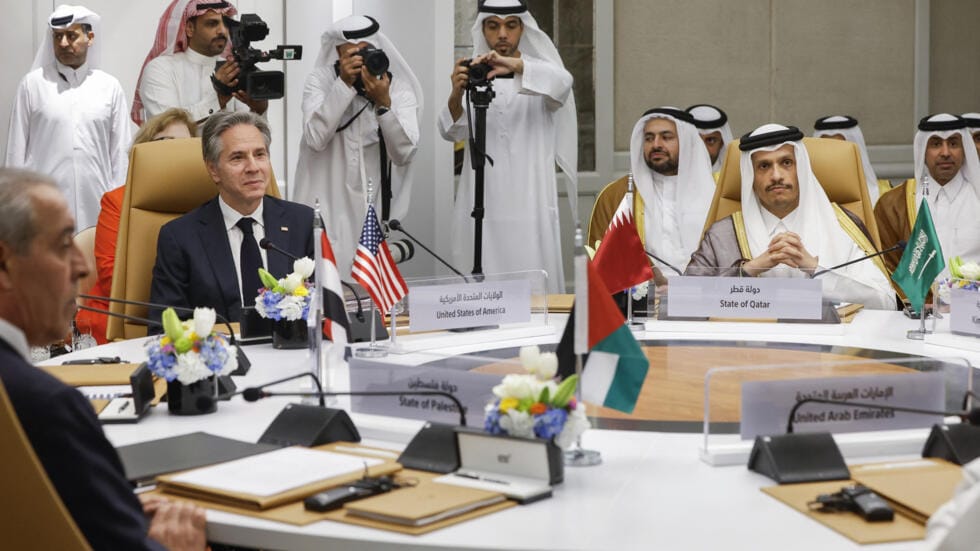
For many of these families, the government's hardline approach is a direct obstacle to securing the safe return of their loved ones. Recent reports that six more hostages had been killed while in captivity have only intensified their calls for a ceasefire. Protests in Tel Aviv have grown louder, with thousands of demonstrators taking to the streets, demanding that Netanyahu put the lives of the hostages before military objectives. Many protesters argue that continued military operations in Gaza are endangering the hostages and making their safe release less likely.
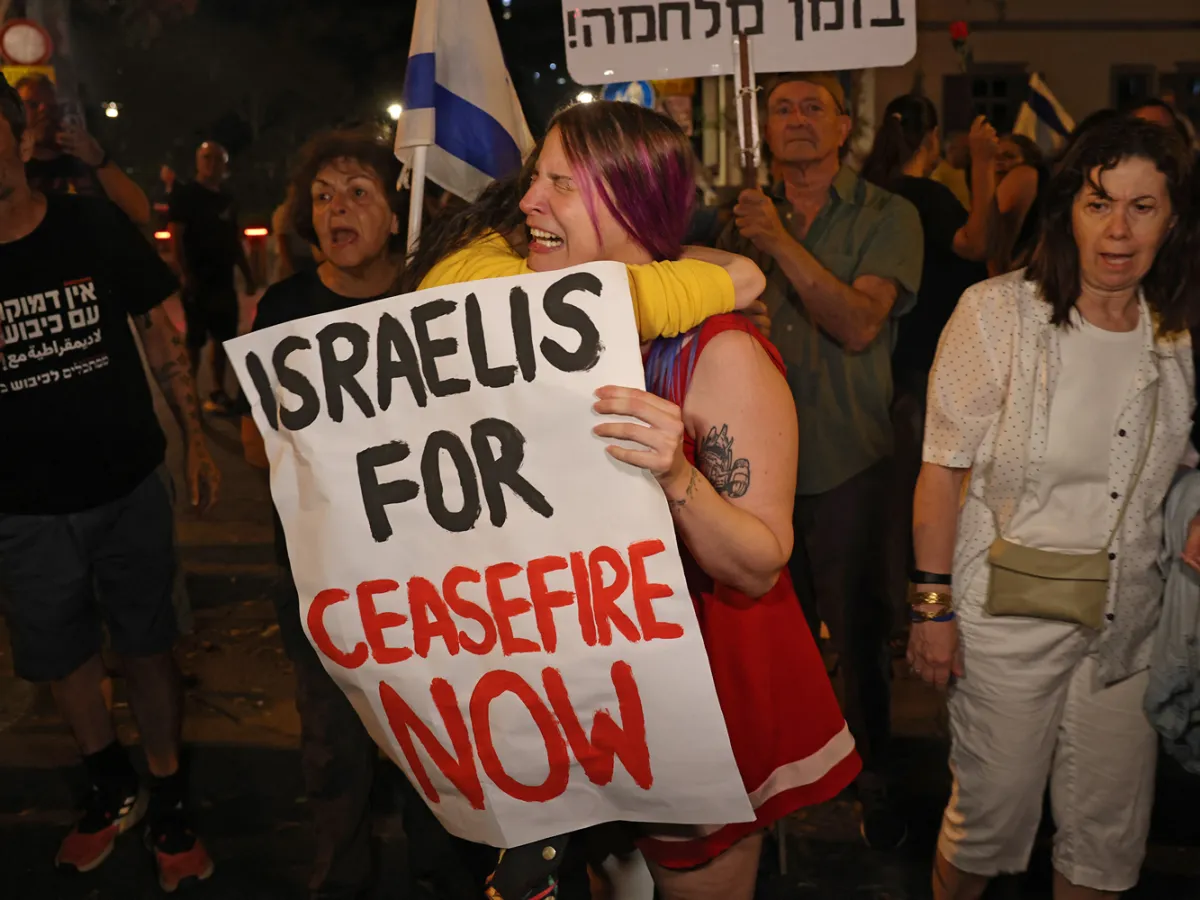
Netanyahu, however, has shown little willingness to alter course. His government’s strategy appears to be focused on achieving a military victory rather than negotiating a truce. For the Prime Minister, this hardline stance may be as much about political survival as it is about security.

The Influence of Far-Right Politicians in Netanyahu’s Government
Netanyahu’s refusal to constructively engage in Gaza ceasefire talks has been bolstered by far-right politicians within his coalition government. Figures like Itamar Ben-Gvir, leader of the ultranationalist Otzma Yehudit party, and Bezalel Smotrich of the Religious Zionism party have pushed for an aggressive military response to Hamas. These far-right elements have long advocated for a more hardline approach to the conflict in Gaza, viewing it as an opportunity to weaken Hamas and further solidify Israeli control over the region.
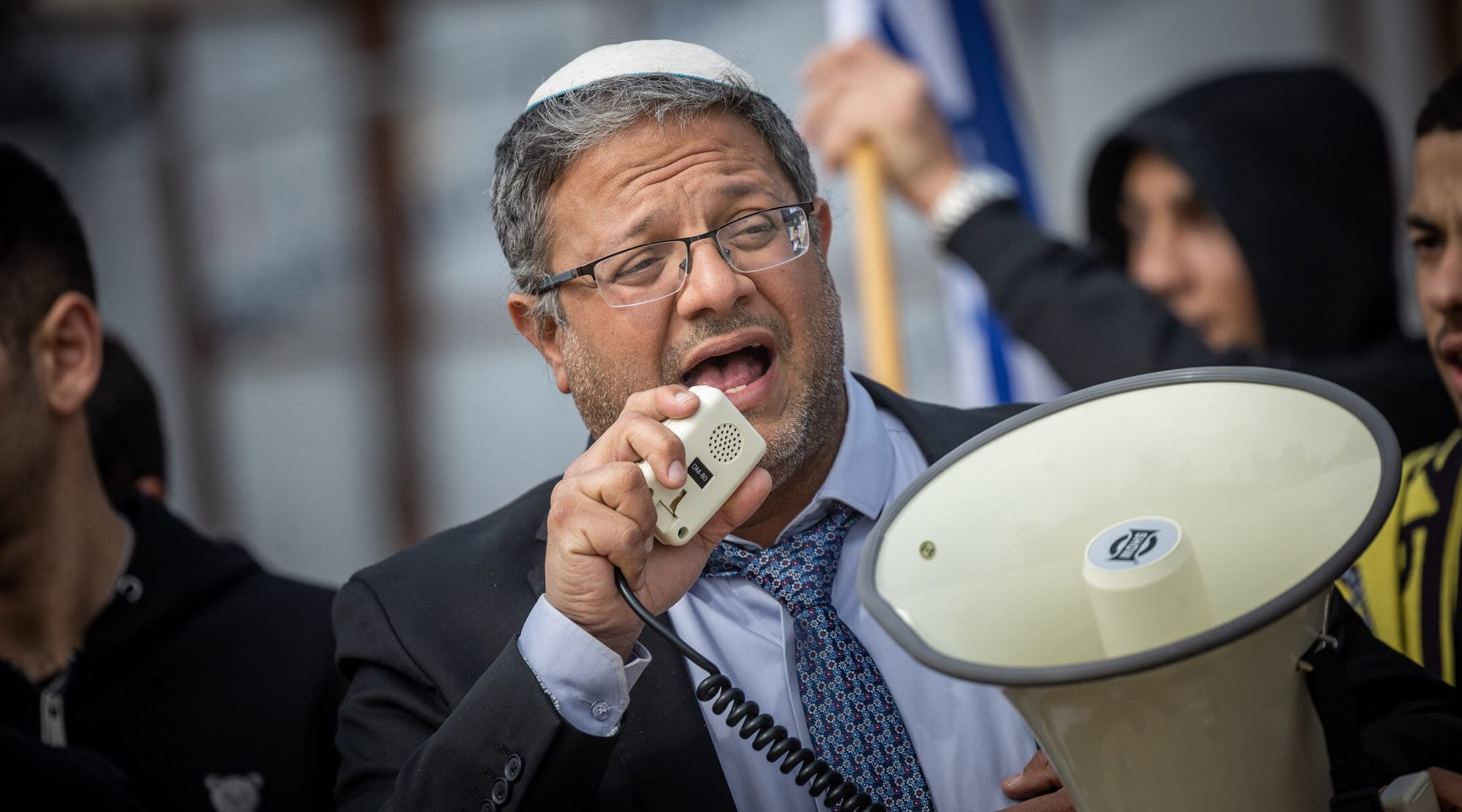
This political dynamic has made it difficult for Netanyahu to shift toward a more conciliatory stance, even as international pressure mounts. The far-right factions in his government have significant political leverage, and Netanyahu’s coalition could collapse if he were to take a softer approach. For these politicians, the conflict in Gaza is not just a matter of security—it is part of a broader ideological vision for Israel’s future, one that includes expanding settlements in the West Bank and maintaining control over key Palestinian territories.
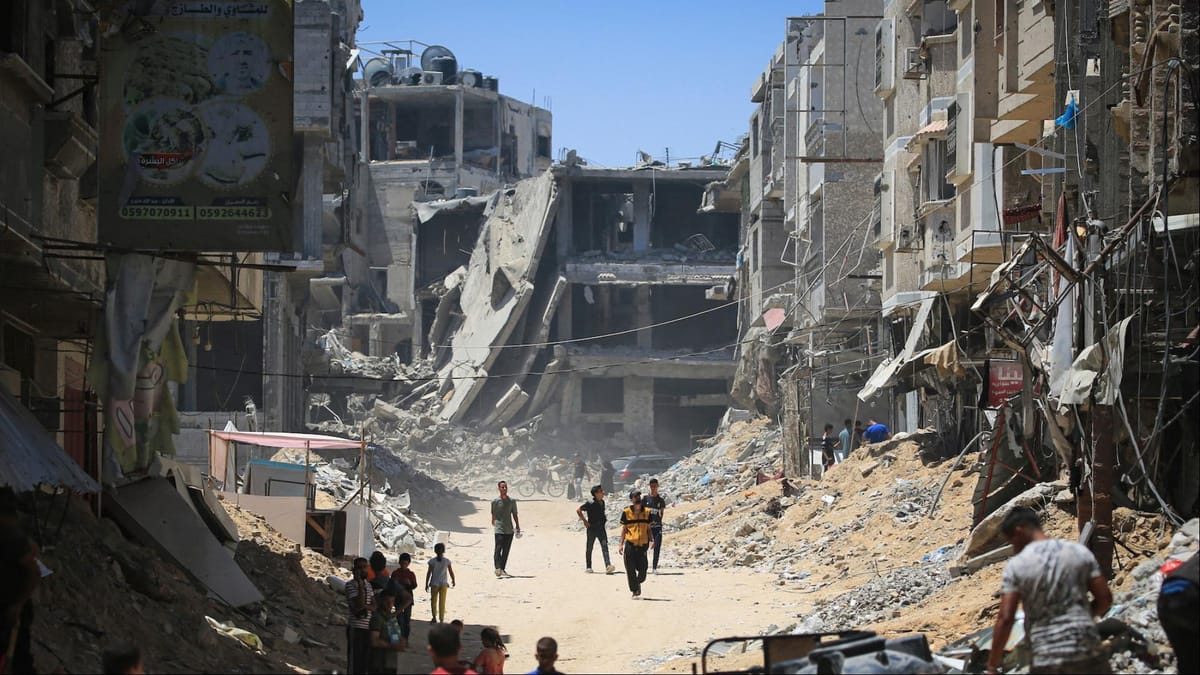
Netanyahu’s Political Gamble
For Netanyahu, the Gaza conflict presents a delicate political gamble. On one hand, maintaining a hardline stance against Hamas plays well with his right-wing base, which views the war as a necessary fight for Israel’s security. On the other hand, the longer the conflict drags on, the more Netanyahu risks alienating other segments of Israeli society, including the families of hostages and those who favor a more diplomatic solution.
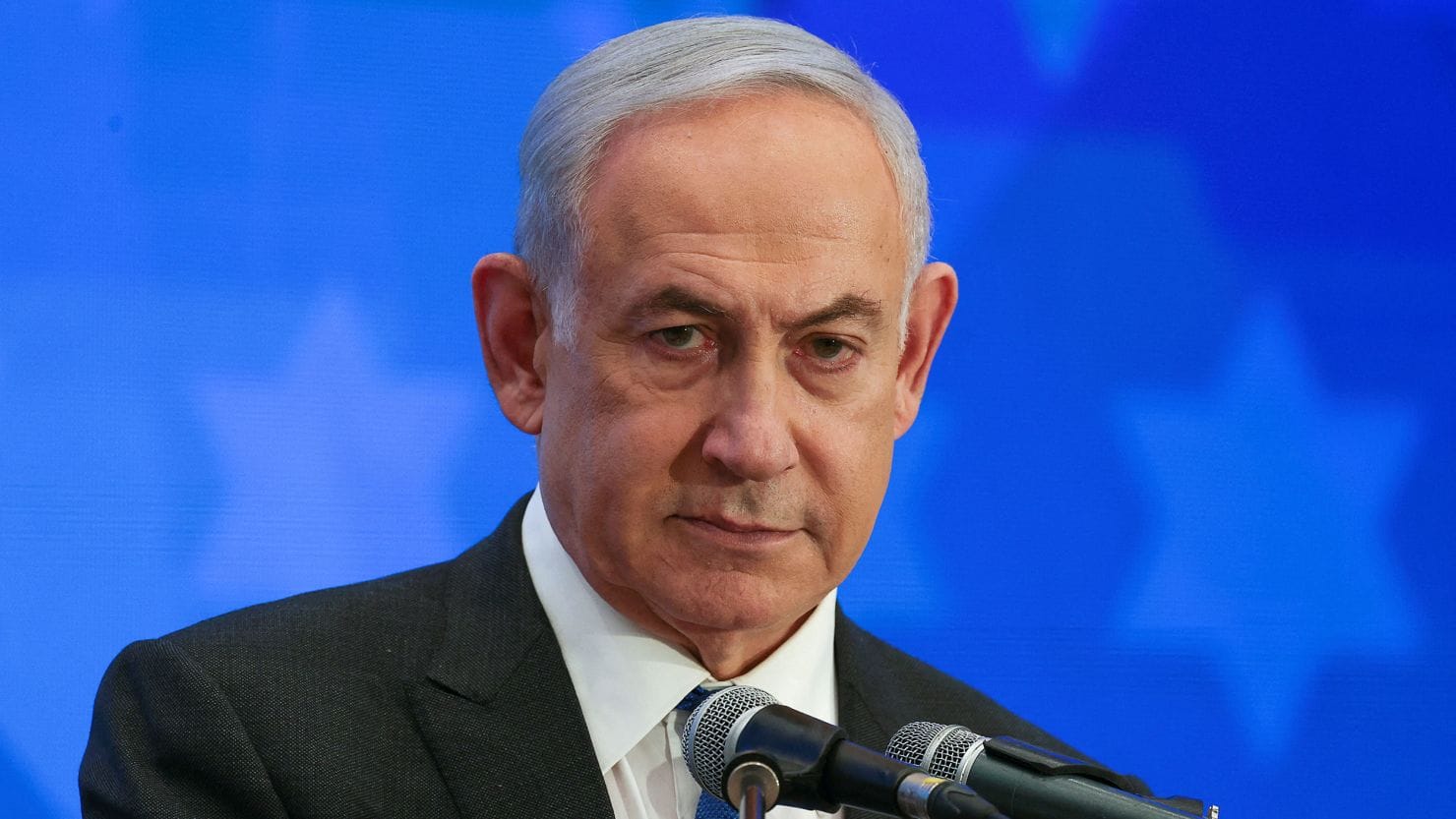
There is also a personal dimension to Netanyahu’s political calculus. After returning to power following a tumultuous period in Israeli politics, Netanyahu is keenly aware of the need to consolidate his leadership. The Gaza war has allowed him to project an image of strength and resolve, which could help him fend off challenges from within his own party. However, the ongoing protests and growing public discontent over the handling of the hostages suggest that this strategy is not without risks.
By continuing to reject ceasefire negotiations, Netanyahu is betting that a military victory will strengthen his political standing. But if the war continues to take a toll on Israeli society, particularly in terms of civilian casualties and the fate of the hostages, Netanyahu’s gamble could backfire.
The Divisiveness of the Gaza Conflict in Israel and the Jewish Diaspora
The war in Gaza has also exposed deep divisions within Jewish communities, both in Israel and in the diaspora. In Israel, opinions on the conflict vary widely. Some see Netanyahu’s hardline approach as necessary to protect the country from future attacks by Hamas, while others argue that the government’s refusal to engage in ceasefire talks is prolonging the suffering of both Israelis and Palestinians.
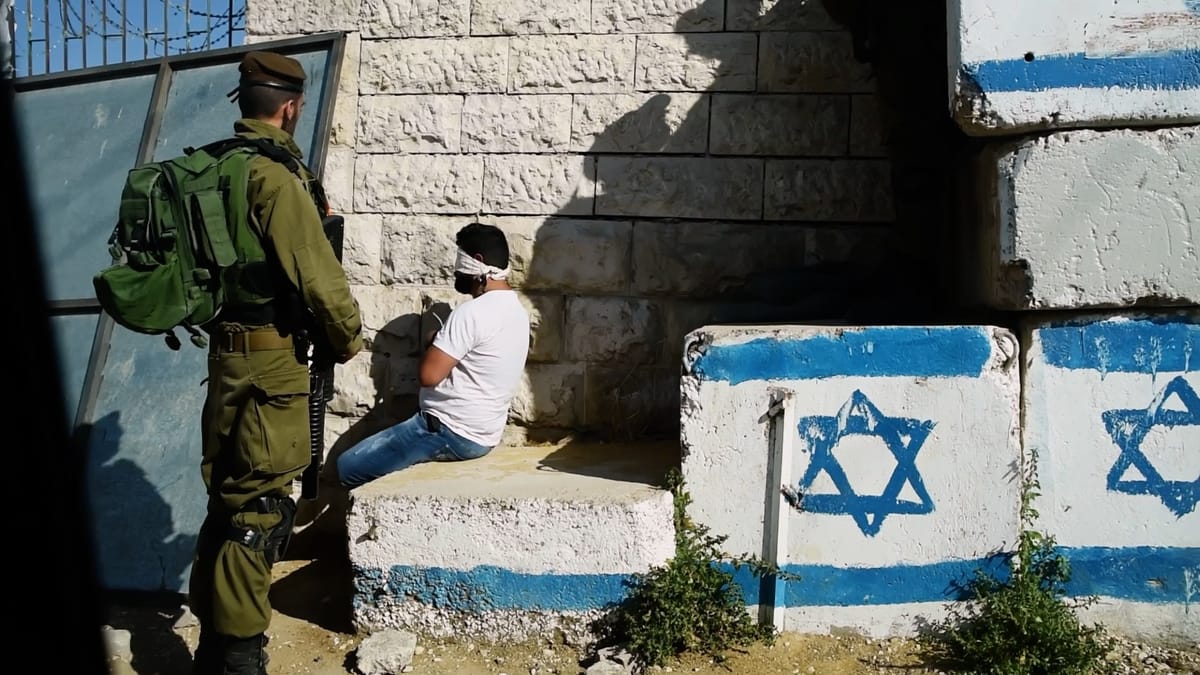
For many in the Jewish diaspora, the situation is equally complicated. While some diaspora communities continue to offer unwavering support for Israel’s military actions, others have voiced concerns about the humanitarian impact of the war.
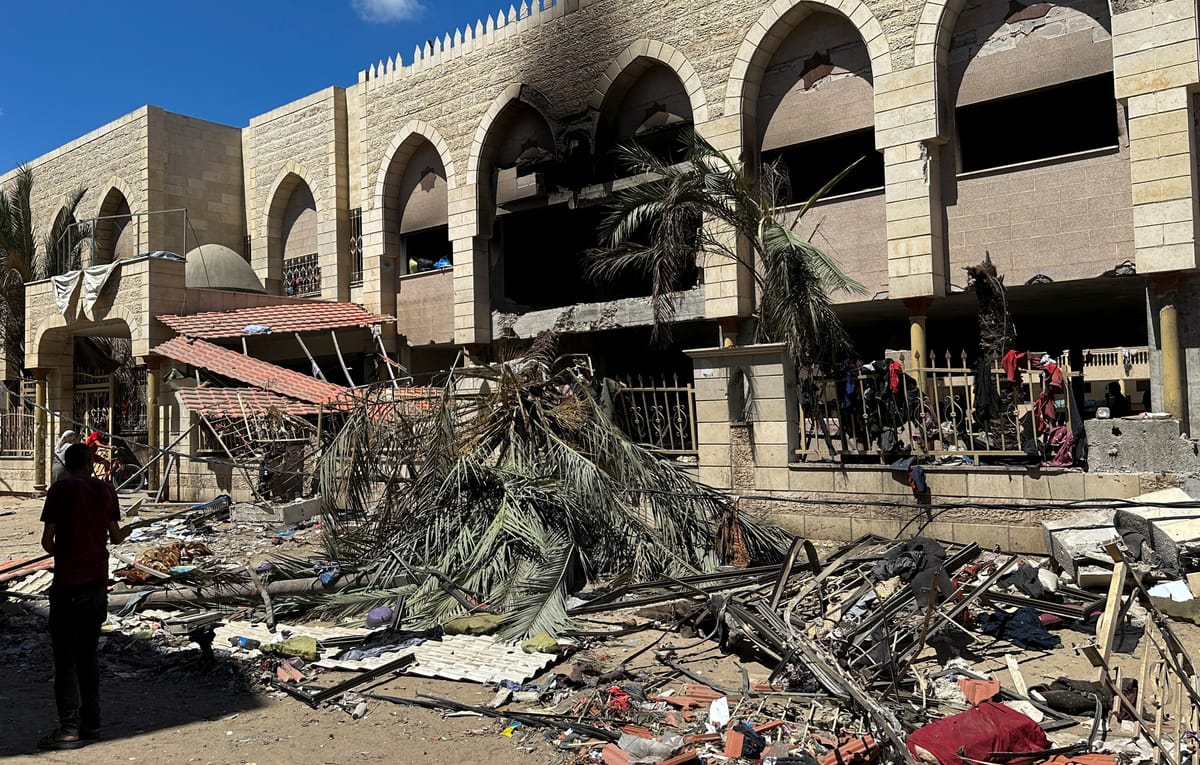
Jewish organizations in the United States, the United Kingdom, and other countries have called for an end to the violence and urged Israel to pursue a negotiated ceasefire. The divide is particularly pronounced among younger Jewish people, many of whom are critical of the Israeli government’s policies in Gaza and have participated in protests calling for an end to the conflict.
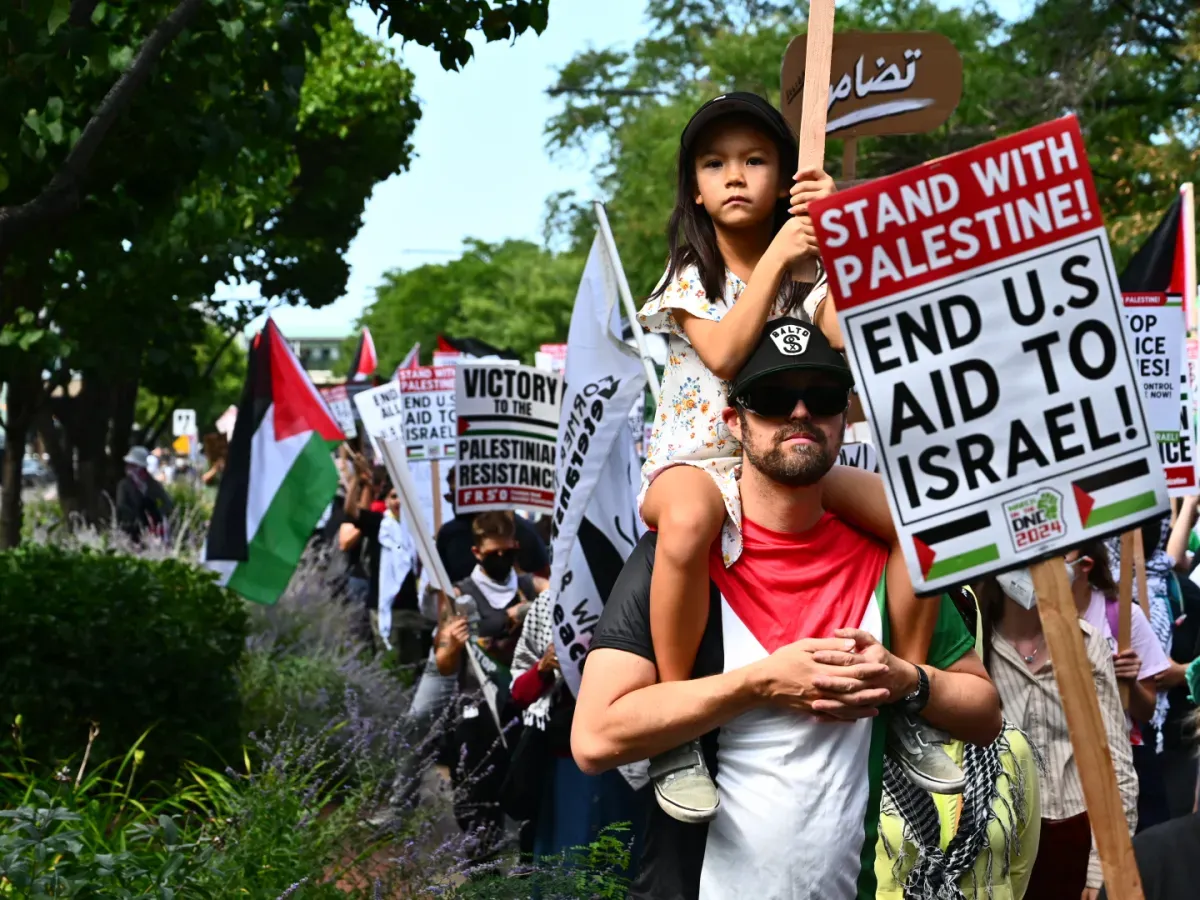
This internal division reflects a broader debate within the global Jewish community about the future of Israel and its relationship with the Palestinians. For Netanyahu, maintaining the support of both Israeli citizens and the Jewish diaspora is crucial to sustaining his political legitimacy. However, the longer the war drags on, the more difficult it becomes to bridge these divides.

America’s Role: Military Aid and Diplomatic Pressure
The United States has long been Israel’s most important ally, providing billions of dollars in military aid each year. This support has continued throughout the Gaza conflict, with the Biden administration supplying Israel with weapons and equipment to sustain its military operations. However, U.S. support has not come without criticism. President Joe Biden has repeatedly expressed frustration with Netanyahu’s refusal to engage in ceasefire talks, and he recently suggested that the time for negotiation is running out.
Biden’s administration has been working alongside other mediating countries, including Egypt and Qatar, to draft a ceasefire deal. According to reports, the U.S. is preparing to present Netanyahu with a “take-it-or-leave-it” proposal in the coming days. The deal, which would include provisions for a phased ceasefire, the release of hostages, and the reconstruction of Gaza, represents a final attempt to bring an end to the conflict through diplomatic means.
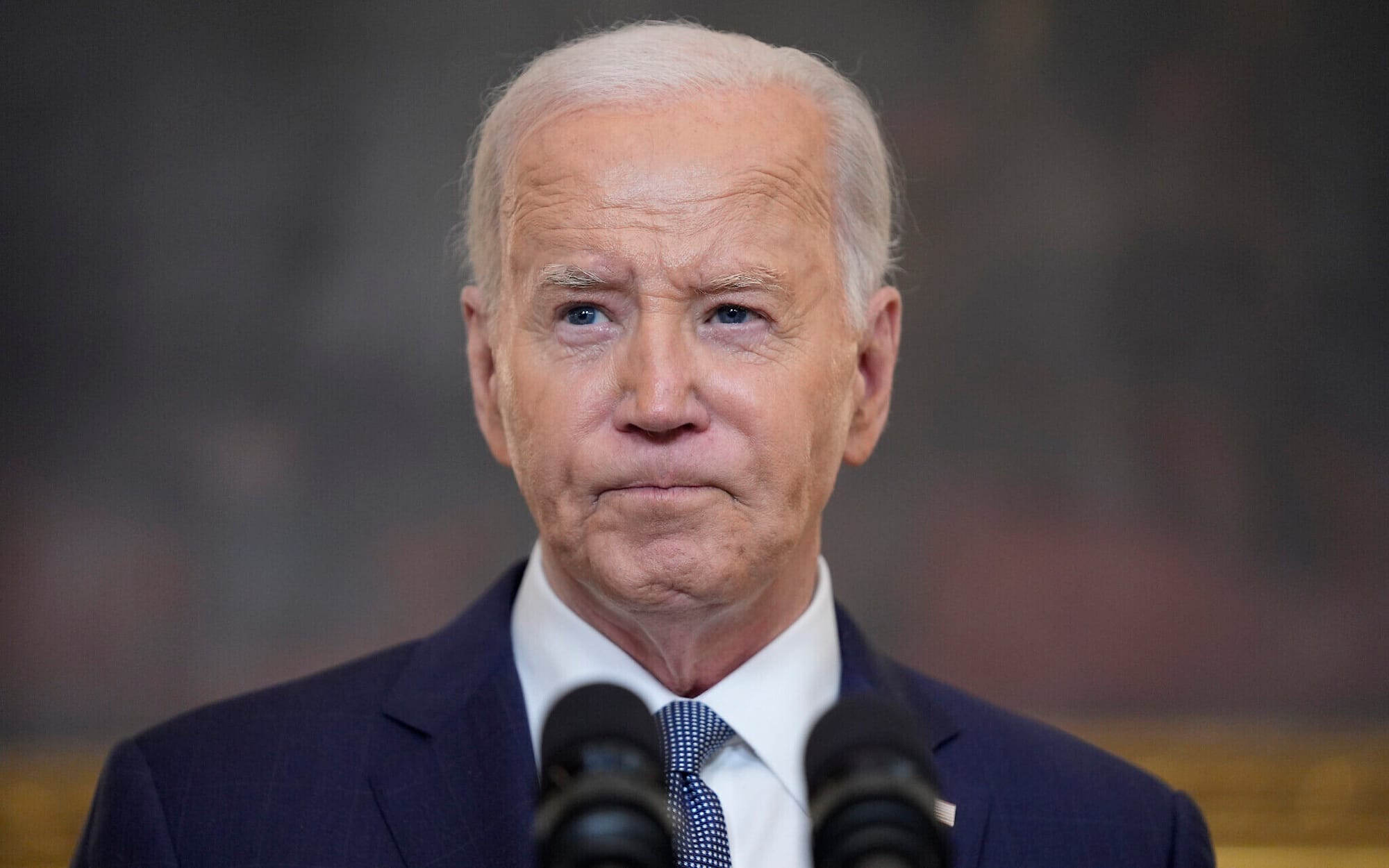
Despite these efforts, Netanyahu has so far resisted pressure from Washington, citing security concerns and the need to achieve a complete victory over Hamas. This has put the U.S. in a difficult position. On the one hand, Biden cannot afford to alienate Israel, a key strategic ally in the Middle East. On the other hand, continued U.S. support for the war is becoming increasingly unpopular, both domestically and internationally. There is also the growing risk of the conflict growing into a regional one, with analysts warning that a Middle East war could be looming.
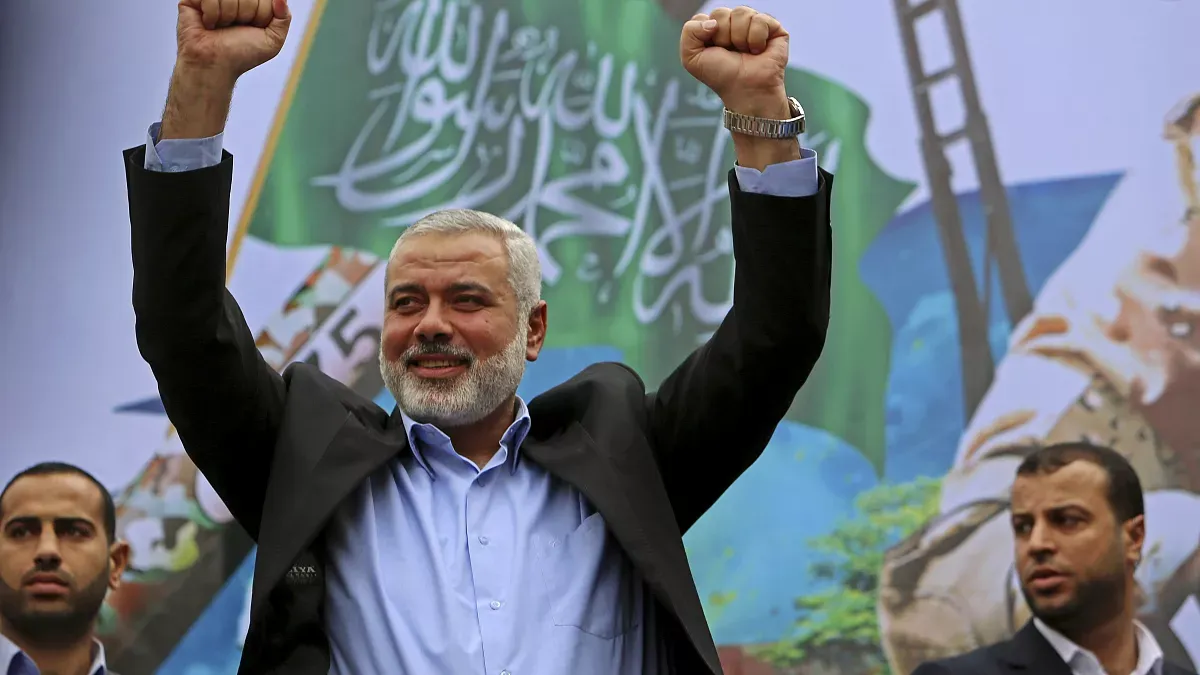
The Impact of the U.S. Presidential Election
The upcoming U.S. presidential election could have a significant impact on the future of the Gaza conflict. Both major candidates—Donald Trump and Kamala Harris—have expressed support for Israel but have also called for an end to the violence. Trump, who has historically been a strong ally of Netanyahu, has indicated that he would support a ceasefire deal if it were in Israel’s best interest. Harris, on the other hand, has emphasized the need for a diplomatic resolution and has criticized Netanyahu’s handling of the hostages.
The outcome of the election could shape U.S. policy on the conflict in Gaza. If Trump wins, the U.S. will likely continue to provide strong military support to Israel, though there may be increased pressure for Netanyahu to negotiate a ceasefire. If Harris is elected, there could be a greater emphasis on diplomacy and a potential shift in U.S. military aid to Israel.
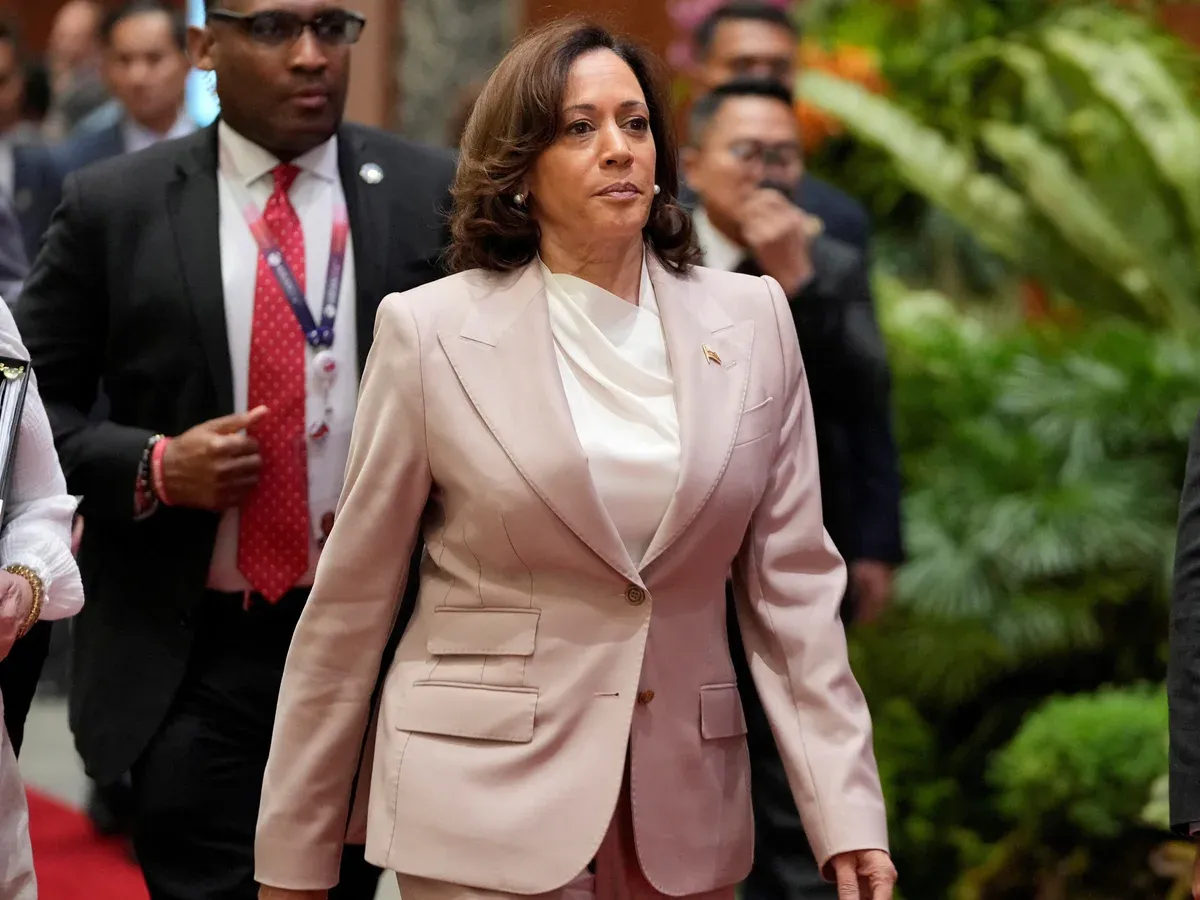
How the Gaza Conflict Could Impact the US Presidential Election
On the other hand, the Gaza conflict could significantly impact the outcome of the November U.S. election, as voters are paying close attention to the Biden administration's handling of the crisis. Both Democratic and Republican candidates, Kamala Harris and Donald Trump, have expressed support for Israel, but their approaches to ending the violence differ.
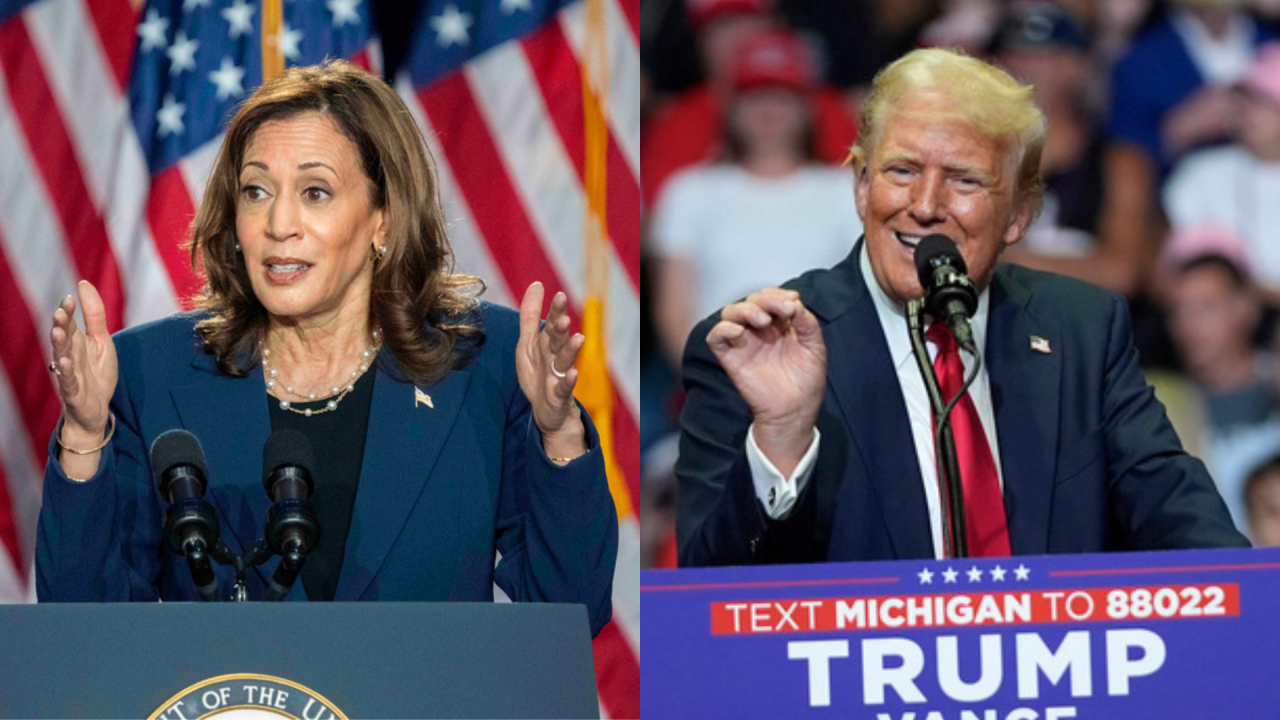
Voters who prioritize international diplomacy and humanitarian concerns may lean towards candidates pushing for a ceasefire and a peaceful resolution, while others may support continued military aid to Israel, emphasizing national security and strong alliances. The U.S. government's response to the conflict could sway public opinion, however, especially among key voting blocs concerned with foreign policy and America's role in the Middle East.
An Unending Gaza War: A Conflict with No Easy Solutions
Netanyahu’s hardline stance on ceasefire talks has drawn widespread criticism, both within Israel and from the international community. His refusal to negotiate has prolonged the conflict, deepened divisions within Israeli society, and strained relations with key allies such as the United States. As protests continue in Tel Aviv and pressure mounts from the families of hostages, Netanyahu faces a difficult political calculus. The outcome of the U.S. presidential election could also play a crucial role in determining the future of the conflict in Gaza. Netanyahu's actions to continue the war and his recent attacks on Hezbollah have only worked to exacerbate the growing crisis regionally and have done little to show goodwill as ceasefire negotiations continue.
With no easy solutions in sight, the war in Gaza remains a defining issue for Netanyahu’s government and the broader Middle East. Whether through military victory or diplomatic compromise, the path to peace will require difficult decisions and a willingness to engage in meaningful negotiations. For now, however, Netanyahu seems determined to stay the course, even as the costs of the conflict continue to mount.




